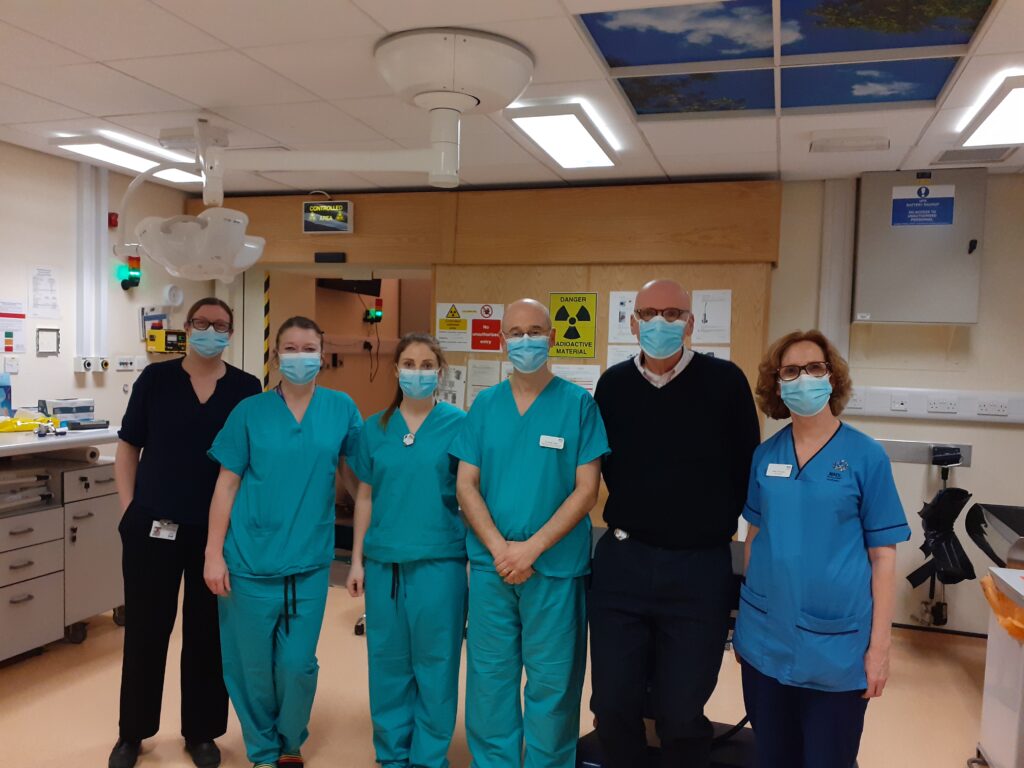CERVICAL cancer patients are receiving “first class” treatment in the South East of Scotland, thanks to new equipment used by NHS Lothian.
Produced by Elekta, a leading innovator in precision radiation therapy solutions, the new kit could be crucial in saving lives across the country.
Around eight women are diagnosed with cervical cancer each day in the UK, and it is the most common cancer in women aged under 35.

The recently introduced brachytherapy equipment allows the delivery of a high dose of radiation to the tumour directly, while minimising damage to the surrounding healthy tissue, targeting the cancer directly.
Dr Mark Zahra, Clinical Lead for Radiotherapy at Edinburgh’s Cancer Centre, said: “This kit will help us to continue to provide first class treatment to patients with cervical cancer.
“It gives us more options than our previous brachytherapy equipment as it can treat larger tumours and expand the dose of radiation to the tumour, whilst protecting the normal organs.
“The Elekta kit is used alongside image-guided technology to really tailor treatment to the patient’s anatomy and needs and minimise the long-term health effects of radiotherapy,” he continued.
“Together we expect these technologies to have a real impact on patients’ cure rates and comfort.
Over 99% of cervical cancers are caused by HPV, which is very common. Around four out of five people in Scotland will have it in their lifetimes.
A great tool in the fight against cervical cancer is the HPV vaccine. It is offered to all S1 pupils and can prevent approximately 75% of cervical cancer cases.
However, research from Public Health Scotland shows that certain demographics are less likely to come forward for cervical screenings.
25-34-year-olds, women living in high deprivations areas, and women with a learning or physical disability are all listed as groups who may not attend screenings.
Also included on the list is black or minority ethnic women, lesbian and bisexual women, and trans men and non-binary people assigned female at birth.
Barriers such as lack of transport, limited awareness of the benefits of the test and anxiety about the procedure itself are all cited as possible reasons for skipping screenings.
The new technology will be used for all eligible patients in the South East of Scotland with gynaecological cancers.
Dr Zahra added: “Edinburgh Cancer Centre is a leader in innovative treatments and progress such as this could not have been possible without a huge team effort.
“We strive to provide the best possible care we can and share our research and learning to help improve outcomes for patients everywhere.”